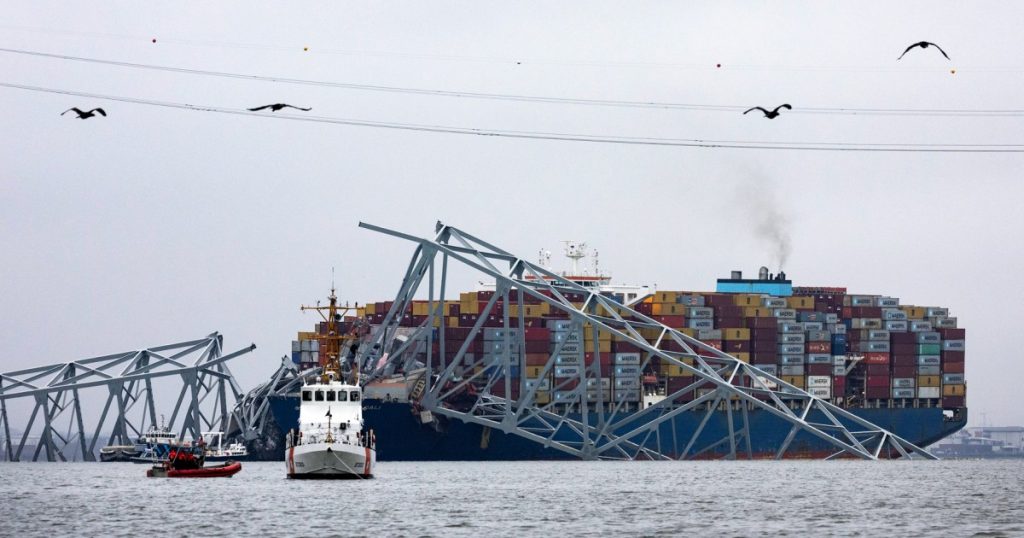The tragic collapse of the Francis Scott Key Bridge in Baltimore has highlighted the dangers faced by Hispanic construction workers, who are overrepresented in the industry. Most of the missing workers presumed dead following the collapse are originally from Honduras, Guatemala, El Salvador, and Mexico. The Occupational Safety and Health Administration considers construction a high hazard industry, with risks including falls, being struck by equipment, and being injured by machinery. Latinos make up about a third of the nation’s construction workers, increasing their exposure to these dangers.
Maynor Suazo and Miguel Luna, who are among the missing workers, have been identified. Both men were described as hardworking individuals who came to the United States in search of a better life. Suazo, a father of two from Honduras, had been in the U.S. for nearly two decades and was employed by Brawner Builders. The fatality rate for construction and extraction workers has increased, with a significant number of fatalities occurring among Hispanic workers. Tragedies like the Baltimore bridge collapse highlight the risks faced by immigrant workers in the industry.
The construction and extraction industries had the second most fatalities in 2022, with many of these deaths resulting from falls, slips, or trips. Hispanic workers make up a large proportion of these fatalities. The deaths of Suazo and Luna are part of a larger trend of tragedies involving Hispanic construction workers. In a recent incident in Woodlawn, Maryland, three Latinos were among six construction workers fatally struck in a roadside construction zone. The impact of these tragedies is felt not only locally but also nationally in immigrant and Latino communities.
The impact of the Baltimore bridge collapse tragedy has been profound on Latino and immigrant communities. Bruna Sollod from United We Dream highlighted the role that immigrant workers like the missing men played in building and repairing infrastructure that connects communities. Luna, in addition to being a construction worker, was a member of CASA, a prominent immigrant advocacy group in Maryland. The organization is providing support to the affected families as they cope with the loss of their loved ones. The tragedy serves as a reminder of the contributions that immigrants make to communities across the country.
Moisés Díaz, a friend of Suazo and Luna, shared his concerns about his friends’ well-being following the collapse. He had originally been scheduled to work the shift in which his friends were presumed to have died. Traffic into the Francis Scott Key Bridge had been closed off following a distress call from a cargo ship that ultimately prevented additional disaster. The crash happened suddenly, leaving little time for evacuation. Despite the efforts of emergency responders, most of the workers remain missing, leaving their families and co-workers devastated by the tragic events. As investigations continue into the cause of the collapse, the community mourns the loss of these individuals and works towards preventing future tragedies in the construction industry.


